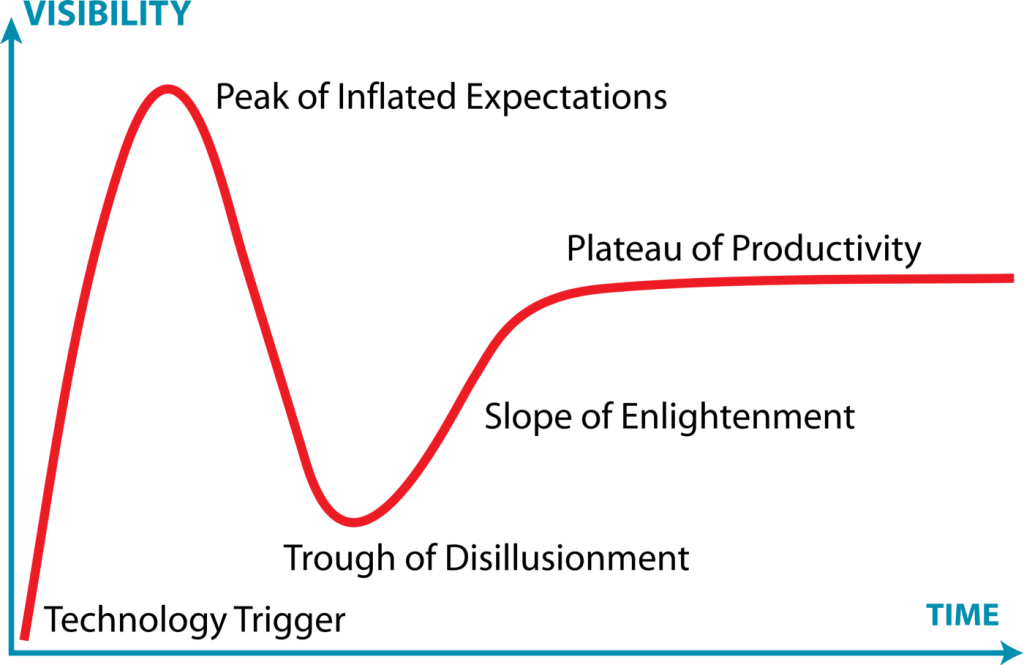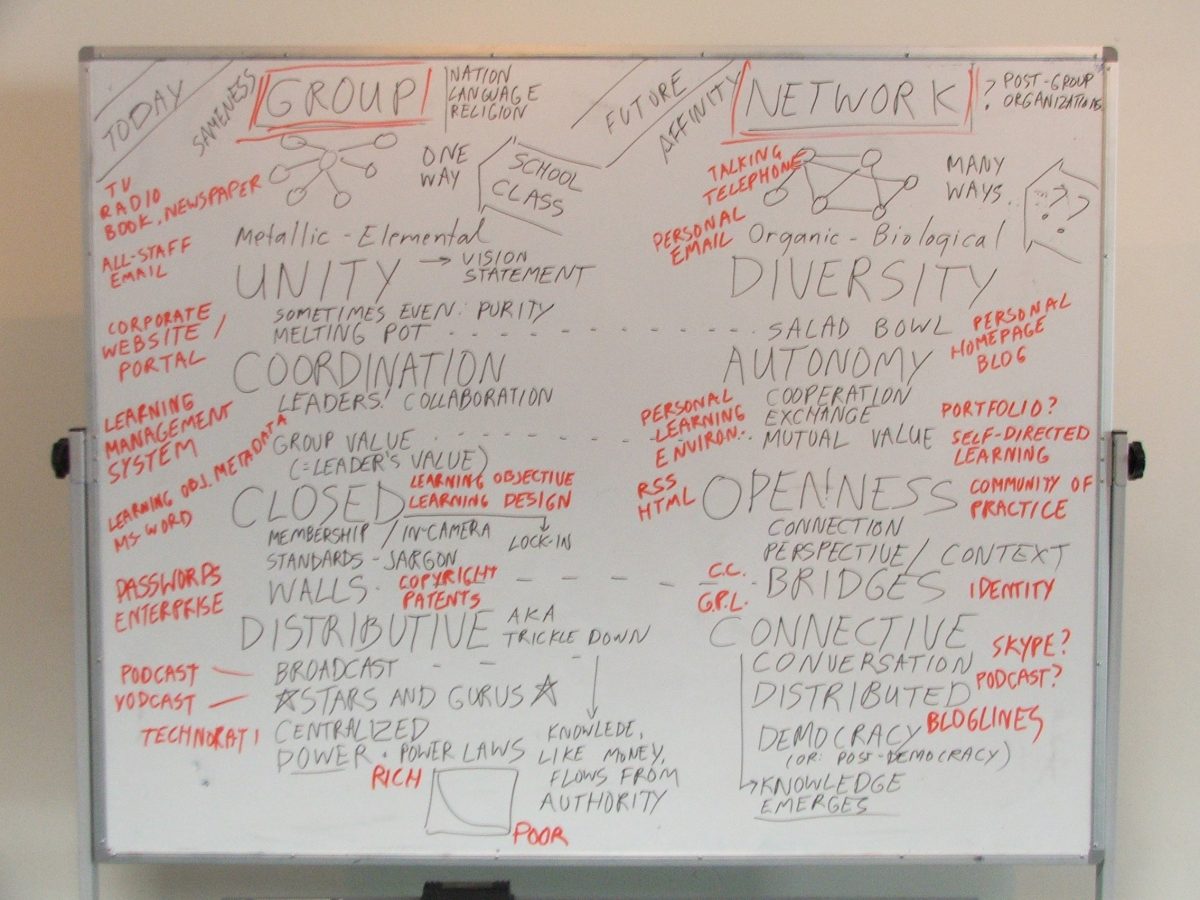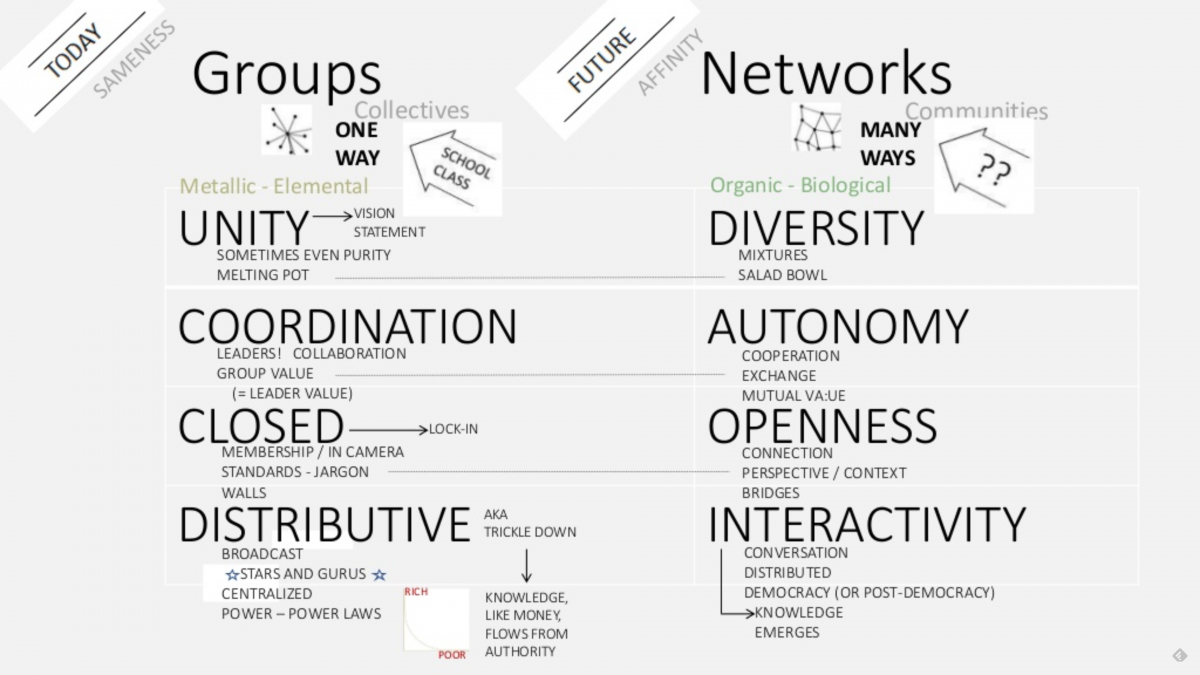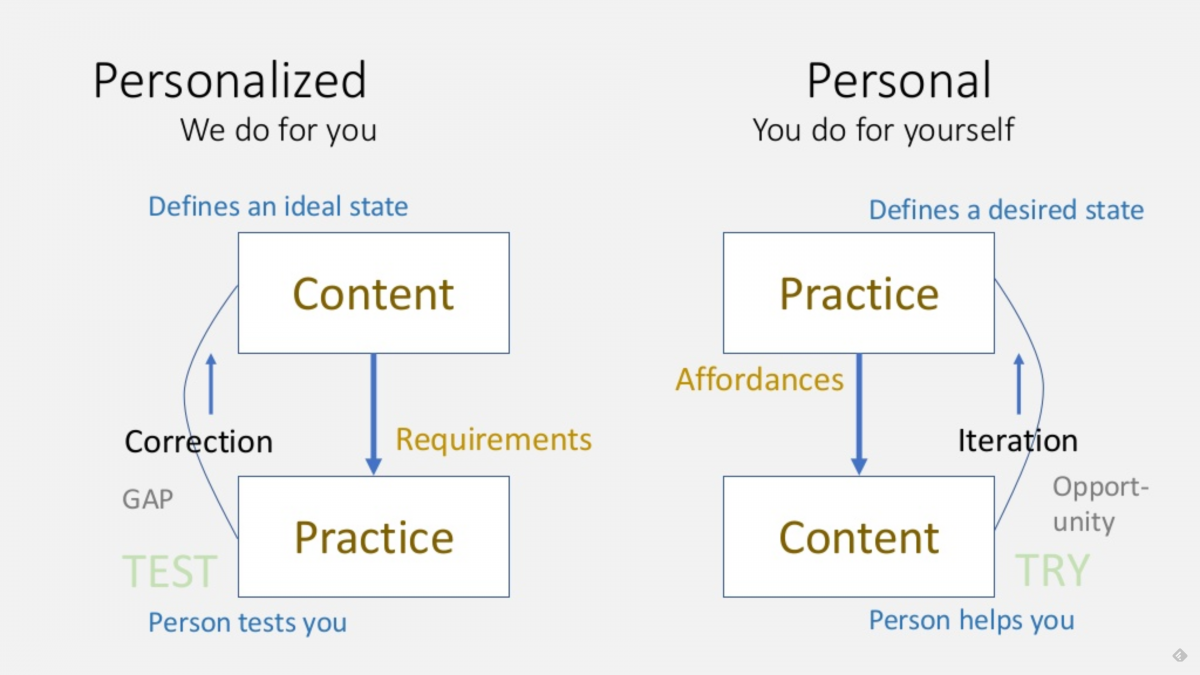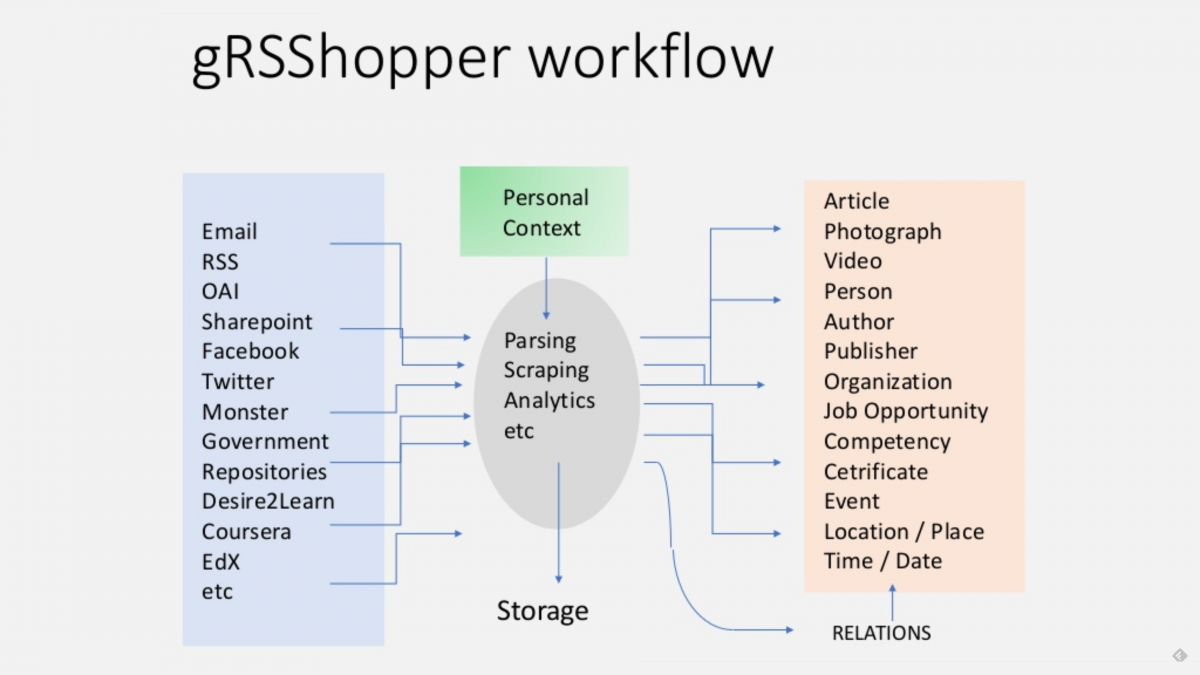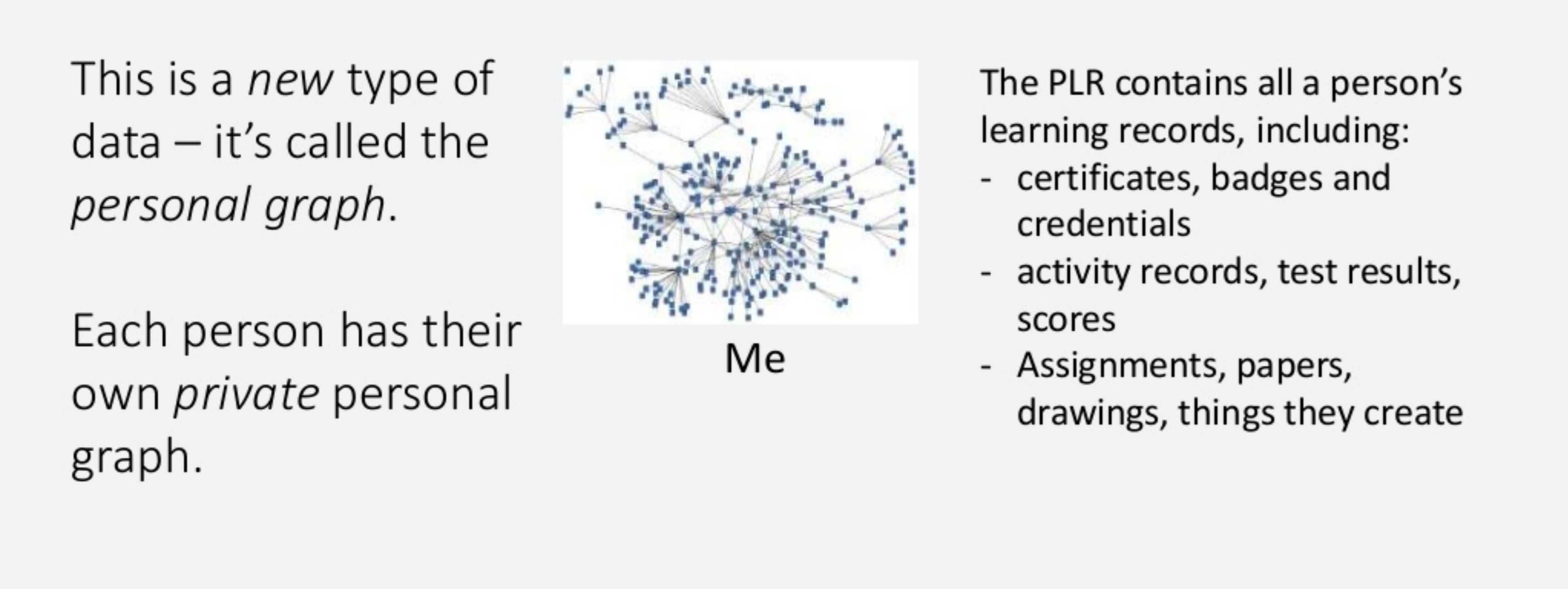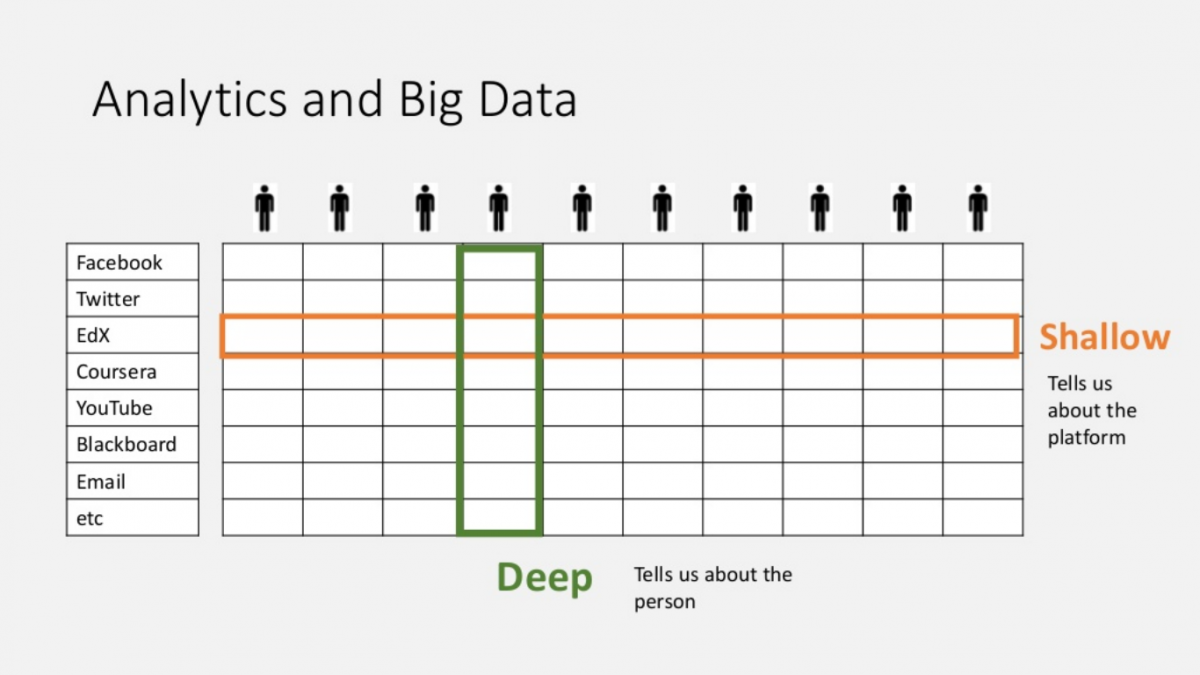A welcome corrective to narratives around the ‘future of work’
I ran a session at the Learning Technologies 2022 conference today entitled Verifiable credentials: get ready for the next generation of badges and digital credentials. It went really well and I got good feedback, even if a corporate audience isn’t one I’m used to addressing these days.
You’ll notice if you click through the above link to my slides that the first slide is basically this image with a link to the Verso website:
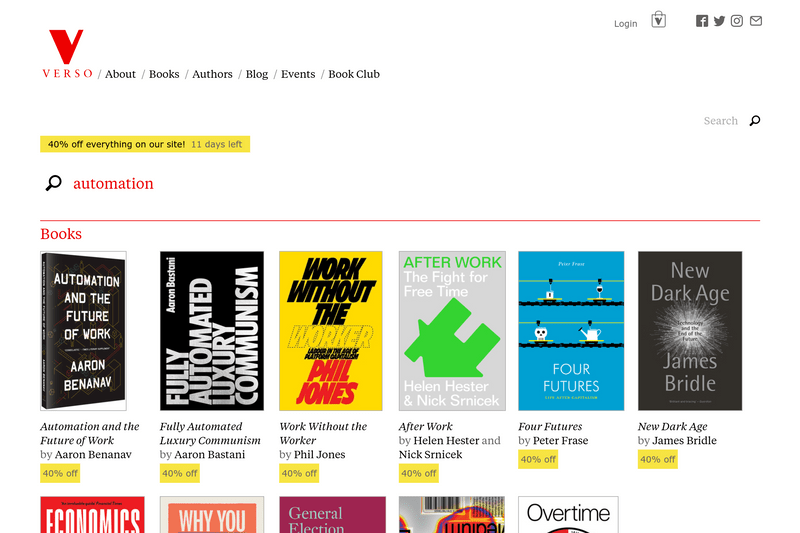
This was a last-minute addition and a response to the keynote panel session running prior to it. The panel featured someone from McKinsey, someone promoting their book, and a researcher into the future of work. I’ve no bone of contention with them, but the framing seemed to be that there are some kind of ‘inevitable’ trends happening. This was evident by a question from the audience about the widely-reported threat of a recession — to which the reply from the stage was that this would only slow down what’s already happening.
To be clear, we co-create the future. Things happen because we collectively cause them to happen.
I’ve read four of the books in that screenshot:
- Automation and the Future of Work by Aaron Benanav
- Fully Automated Luxury Communism by Aaron Bastani
- Four Futures by Peter Frase
- New Dark Age by James Bridle
They’re all excellent and thought-provoking. I want to read the other two shown on there, and I’d also perhaps throw 24/7: Capitalism and the Ends of Sleep by Jonathan Crary into the mix. Yes, they’re written from a reasonably-radical left-of-centre perspective, but given most of our ‘news’ and business ‘thought leadership’ is extremely right-leaning, it’s a welcome corrective.

